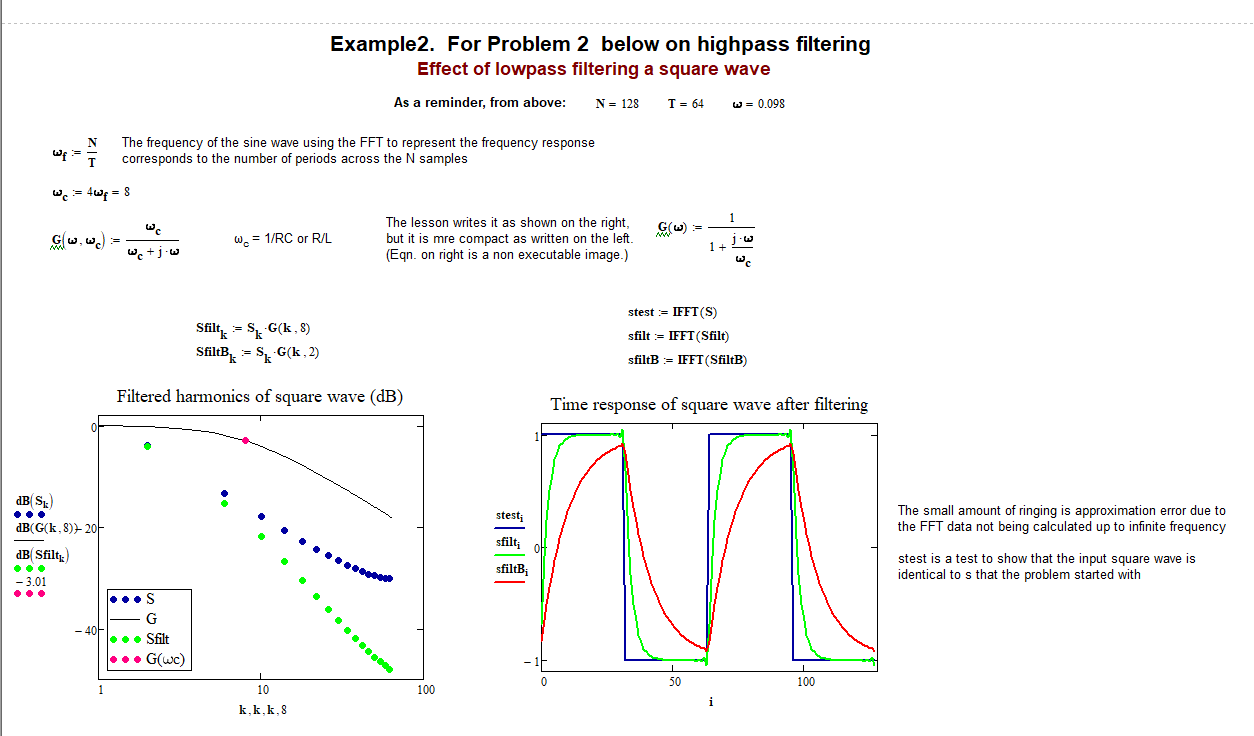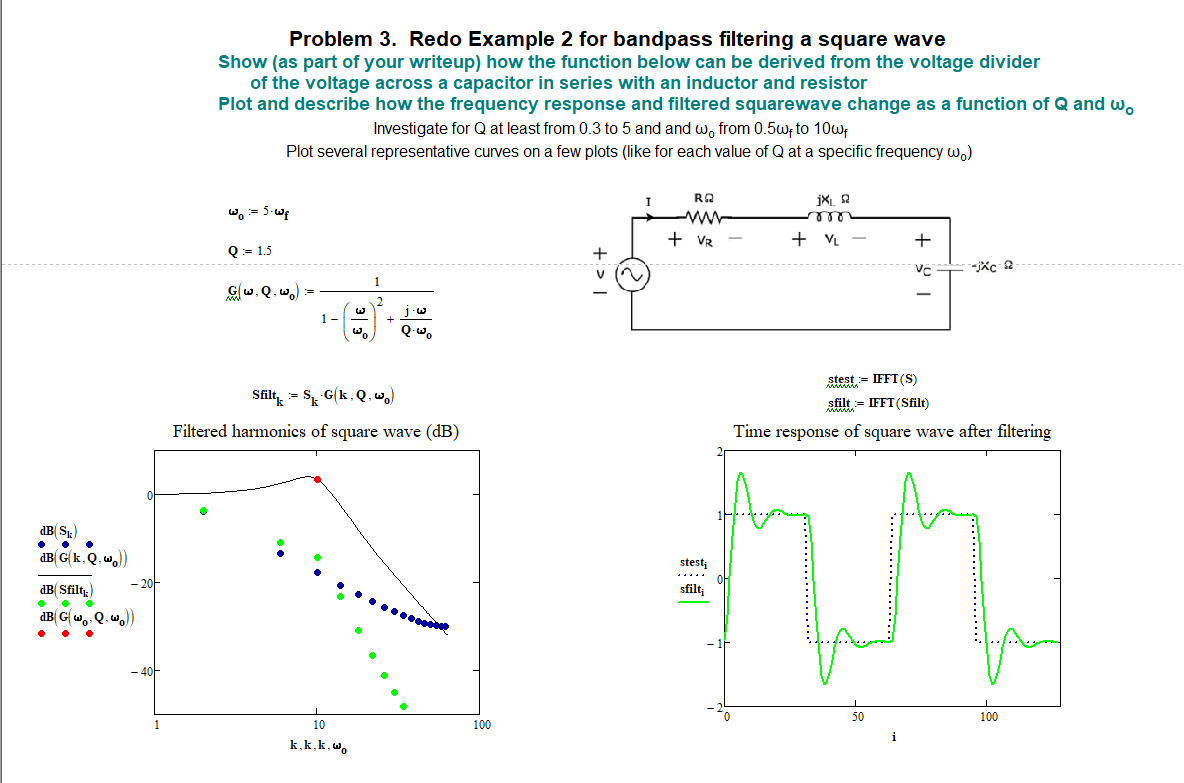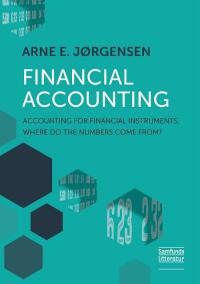Question
NOTE: THIS IS A PHYSIC PROBLEM USING MATHCAB solve in mathcab only This mathcab sheet includes examples that you can modifiy to complete the three
NOTE: THIS IS A PHYSIC PROBLEM USING MATHCAB
solve in mathcab only
This mathcab sheet includes examples that you can modifiy to complete the three assigned problems. Solve the problems by modifying various filter and signal parameters, and modify the plots by adding multiple curves, changing plot styles and formats, and if needed changing the plotting ranges. You should treat this problem set as a lab project and so in addition to completing the plots, include discussions of the meaning and significance of your results. One problems asks for you to include a derivation of the filter function used.


Step by Step Solution
There are 3 Steps involved in it
Step: 1

Get Instant Access to Expert-Tailored Solutions
See step-by-step solutions with expert insights and AI powered tools for academic success
Step: 2

Step: 3

Ace Your Homework with AI
Get the answers you need in no time with our AI-driven, step-by-step assistance
Get Started


